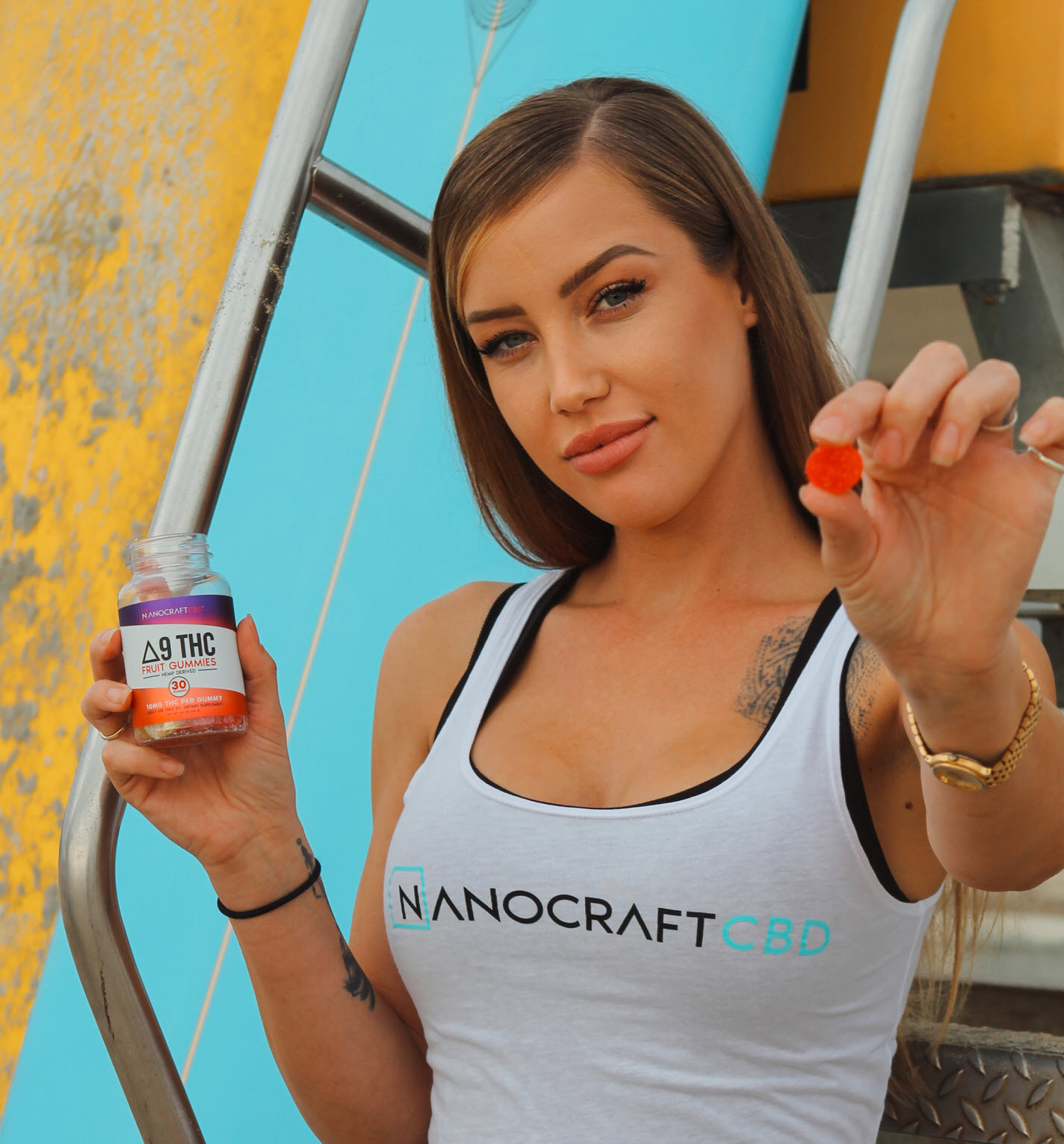Comparing Indoor vs. Outdoor Hemp in Delta 9 Gummies
Welcome to our comprehensive analysis of the key factors that impact the quality and production of Delta 9 gummies by comparing the use of indoor and outdoor hemp cultivation methods. In this article, we will delve into the nuances of indoor and outdoor hemp cultivation, exploring the tradeoffs involved, the challenges faced, and the significance of these factors when deciding between indoor and outdoor hemp for Delta 9 gummies.
Understanding Indoor Hemp Cultivation
Indoor hemp cultivation refers to the practice of growing hemp plants in controlled environments such as greenhouses or indoor facilities. This approach provides cultivators with greater control over various environmental factors, ensuring optimal conditions for plant growth.
The benefits of indoor hemp cultivation lie in the ability to regulate temperature, humidity, lighting, and nutrient levels. With precise control over these factors, growers can create an environment that promotes healthy plant growth and maximizes yield.
Furthermore, indoor cultivation allows for year-round production, unaffected by seasonal variations or weather conditions. This consistent environment ensures that the quality and quantity of hemp produced remain consistent throughout the year. The controlled environment also minimizes the risks associated with pests, diseases, and external contaminants, which can have a detrimental impact on the final product.
The Advantages of Outdoor Hemp Cultivation
On the other hand, outdoor hemp cultivation takes advantage of natural sunlight and soil conditions. This traditional method has been practiced for centuries and offers its own set of benefits.
One of the key advantages of outdoor cultivation is the abundant natural sunlight, which is a vital resource for plant growth and development. Sunlight provides the necessary energy for photosynthesis, enabling plants to convert light into usable energy and essential nutrients.
Another benefit of outdoor cultivation is the potential for larger crop sizes due to the unlimited space available. In contrast to indoor facilities, outdoor cultivation allows hemp plants to grow to their full potential, resulting in greater yield per plant.
Nature also provides a complex ecosystem that contributes to the overall health of the plants. Surrounding flora and fauna can create a symbiotic relationship, reducing the risk of pests and diseases naturally. This organic approach to cultivation aligns with environmentally-conscious practices.
Tradeoffs and Challenges
When comparing indoor and outdoor hemp cultivation methods for Delta 9 gummies, it is crucial to consider the tradeoffs and challenges associated with each approach.
In indoor cultivation, the main challenges include the significant investment required to set up and maintain the controlled environment. The costs of lighting, ventilation, heating, and cooling systems can quickly accumulate. Additionally, the electricity consumption associated with maintaining optimal conditions can add to the environmental impact.
Outdoor cultivation, on the other hand, is subject to external factors beyond the cultivators' control. Adverse weather conditions such as storms, extreme temperatures, or droughts may negatively affect crop yield and quality. Pests and diseases can also pose challenges, requiring careful monitoring and intervention to mitigate their impact.
Ultimately, the decision between indoor and outdoor hemp cultivation must consider the specific needs and goals of the Delta 9 gummies production. Factors such as cost, quality control, scalability, and environmental impact should all be carefully weighed.
Considering the Impact
Lastly, it is important to emphasize the significance of considering the impact when choosing between indoor and outdoor hemp cultivation for Delta 9 gummies. Both approaches have their own set of environmental considerations.
Indoor cultivation consumes more energy due to the need for artificial lighting, heating, and cooling systems. As such, it is important for indoor cultivators to explore sustainable energy options and implement energy-efficient practices to minimize their carbon footprint.
Outdoor cultivation, while utilizing natural sunlight, may require additional water resources, especially in areas with limited rainfall. Growers must manage water usage responsibly, considering the impact on local ecosystems and water availability.
Conclusion
In conclusion, the choice between indoor and outdoor hemp cultivation for Delta 9 gummies involves weighing numerous factors, including control, scalability, cost, quality, and environmental impact. Both methods offer distinct advantages and challenges, and the decision ultimately relies on the specific needs and goals of the production process.
By thoroughly understanding the tradeoffs and considering the impact, cultivators can make informed choices that align with their values and contribute to the production of high-quality Delta 9 gummies.
